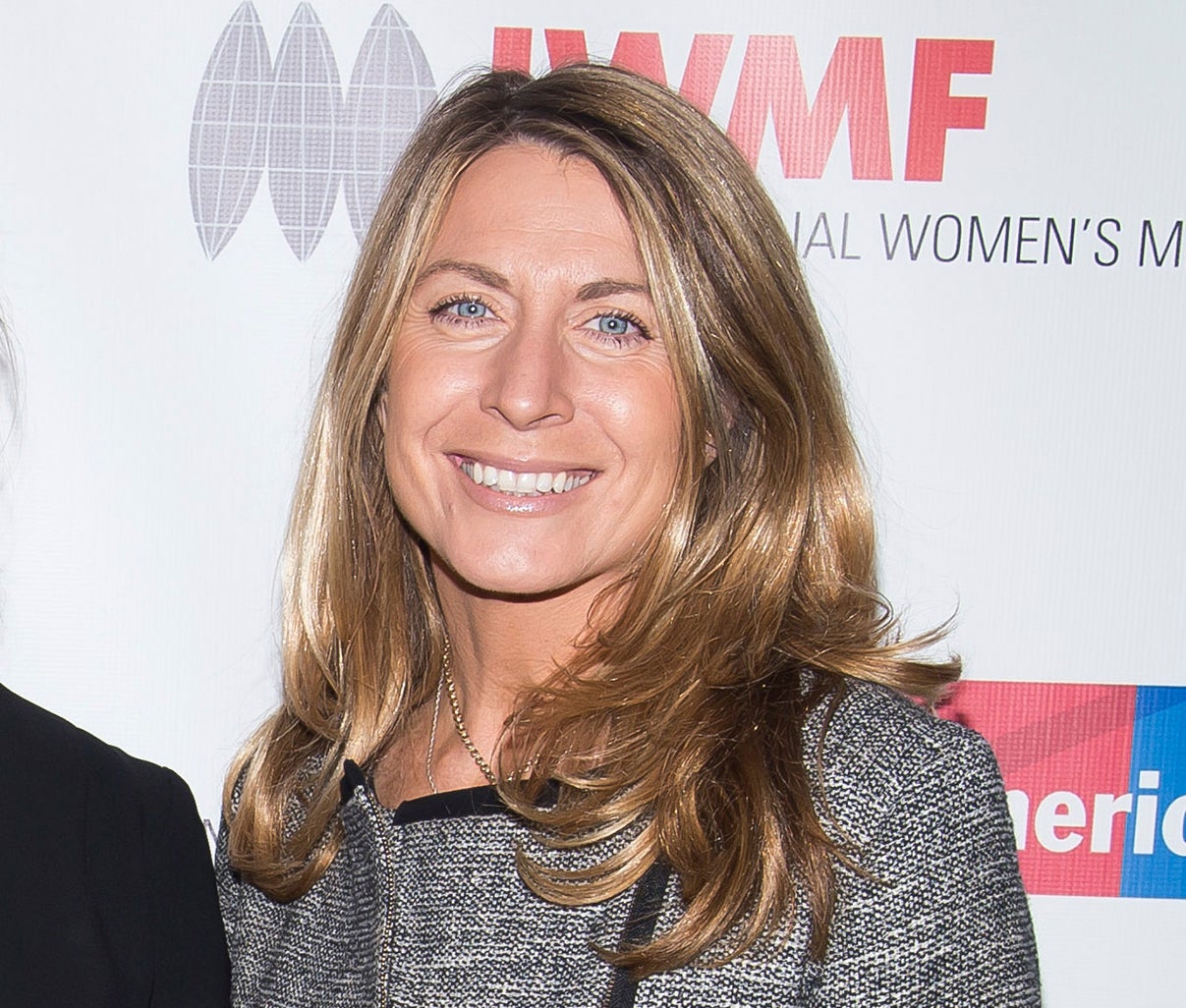BBC News effort tries to popularize new reporting methods, boost transparency
The BBC is more aggressively bringing “open source” reporting and efforts to expose disinformation to its day-to-day reporting, a move that signals a potential shift in journalism’s embrace of new technology

Your support helps us to tell the story
From reproductive rights to climate change to Big Tech, The Independent is on the ground when the story is developing. Whether it's investigating the financials of Elon Musk's pro-Trump PAC or producing our latest documentary, 'The A Word', which shines a light on the American women fighting for reproductive rights, we know how important it is to parse out the facts from the messaging.
At such a critical moment in US history, we need reporters on the ground. Your donation allows us to keep sending journalists to speak to both sides of the story.
The Independent is trusted by Americans across the entire political spectrum. And unlike many other quality news outlets, we choose not to lock Americans out of our reporting and analysis with paywalls. We believe quality journalism should be available to everyone, paid for by those who can afford it.
Your support makes all the difference.The BBC is more aggressively bringing “open source” reporting and efforts to expose disinformation to its day-to-day reporting, a move that signals a potential shift in journalism's embrace of new technology.
The just-announced creation of a new BBC Verify unit is also an attempt by the news organization to be more transparent in its reporting, said Deborah Turness, BBC News chief executive officer.
Practitioners of open source reporting go beyond traditional methods of interviews and examining public records to tell stories by using tools such as satellite images, mobile phone recordings, advanced internet searches and the like.
They have produced some compelling investigative reporting, but Turness is looking for more immediacy. For example, when Russia claimed a Ukrainian drone tried to attack the Kremlin, the BBC gathered multiple videos of explosions in the night sky, and quickly found video footage to map the actions of police in recent unrest at a housing complex.
The BBC has been using satellite photos in an attempt to document planning and movement by both sides in the Ukraine war.
“We are taking a step out front to lead and experiment in this space,” Turness said.
Many people active in open source reporting will be playing close attention to whether the BBC succeeds, said Alexa Koenig, executive director of the Human Rights Center at the University of California at Berkeley's law school.
“There's really a need for journalists to start embracing these new methods of fact-finding to deepen their day-to-day storytelling,” said Koenig, who helps train students in their use.
The New York Times and Washington Post both have strong storytelling units but tend to concentrate on larger, more exhaustive investigations — such as the Times' “Day of Rage” video that reconstructed the Jan. 6, 2021, Capitol attack.
More recently, both newspapers traced online records on the movements of a man accused of leaking classified material, and the Post found video to illustrate an Israeli raid in a civilian area of the West Bank this spring.
BBC Verify puts various company efforts — data and video analysis, fact-checking and countering disinformation — under one roof, Turness said.
“When you talk to news consumers, they will tell you that there is so much chaos and confusion that they no longer know who to trust,” said Turness, an NBC News executive from 2013 to 2021. “I think that's even worse in the U.S. market.”
As a result, it's vital for news organizations to be very transparent to show how they reach conclusions, particularly when newer reporting methods are involved, she said.
While Koenig agreed that's important, she said great care needs to be taken to avoid increasing confusion.
“It may look like transparency on the surface, but it may actually be obfuscating,” she said. “People don't understand how to read satellite images.”
Turness also wants to emphasize exposing disinformation, particularly with the rapid advancement of artificial intelligence.
“We're going to have to move at the same speed as the AI technology that's weaponizing the bulk of fake news,” she said.